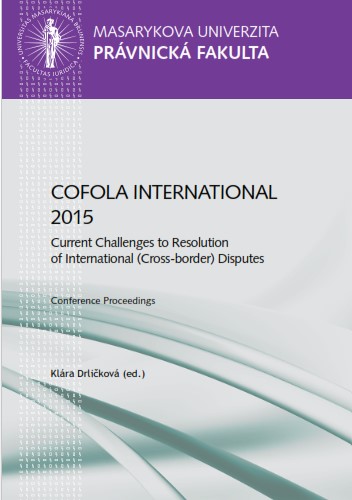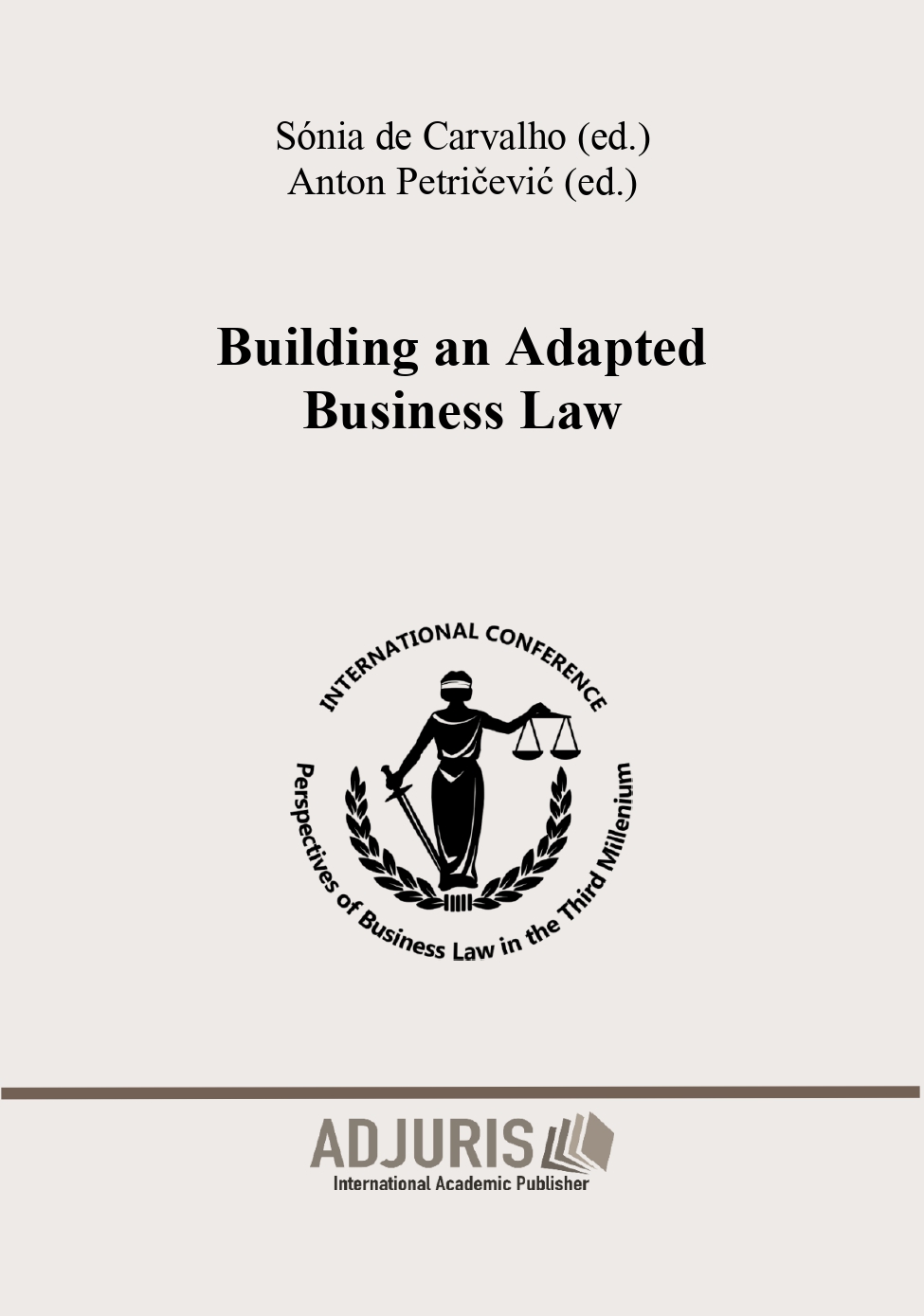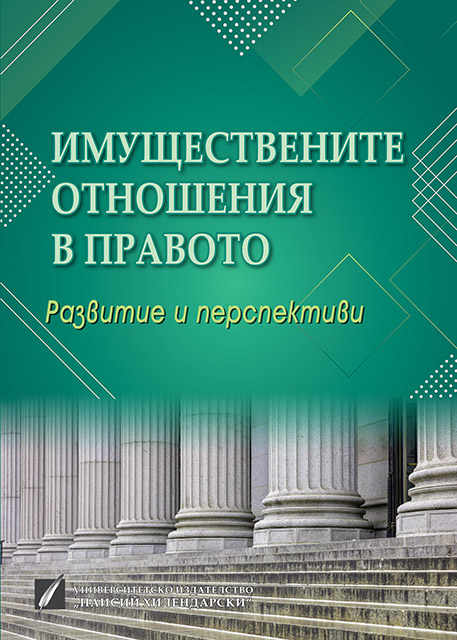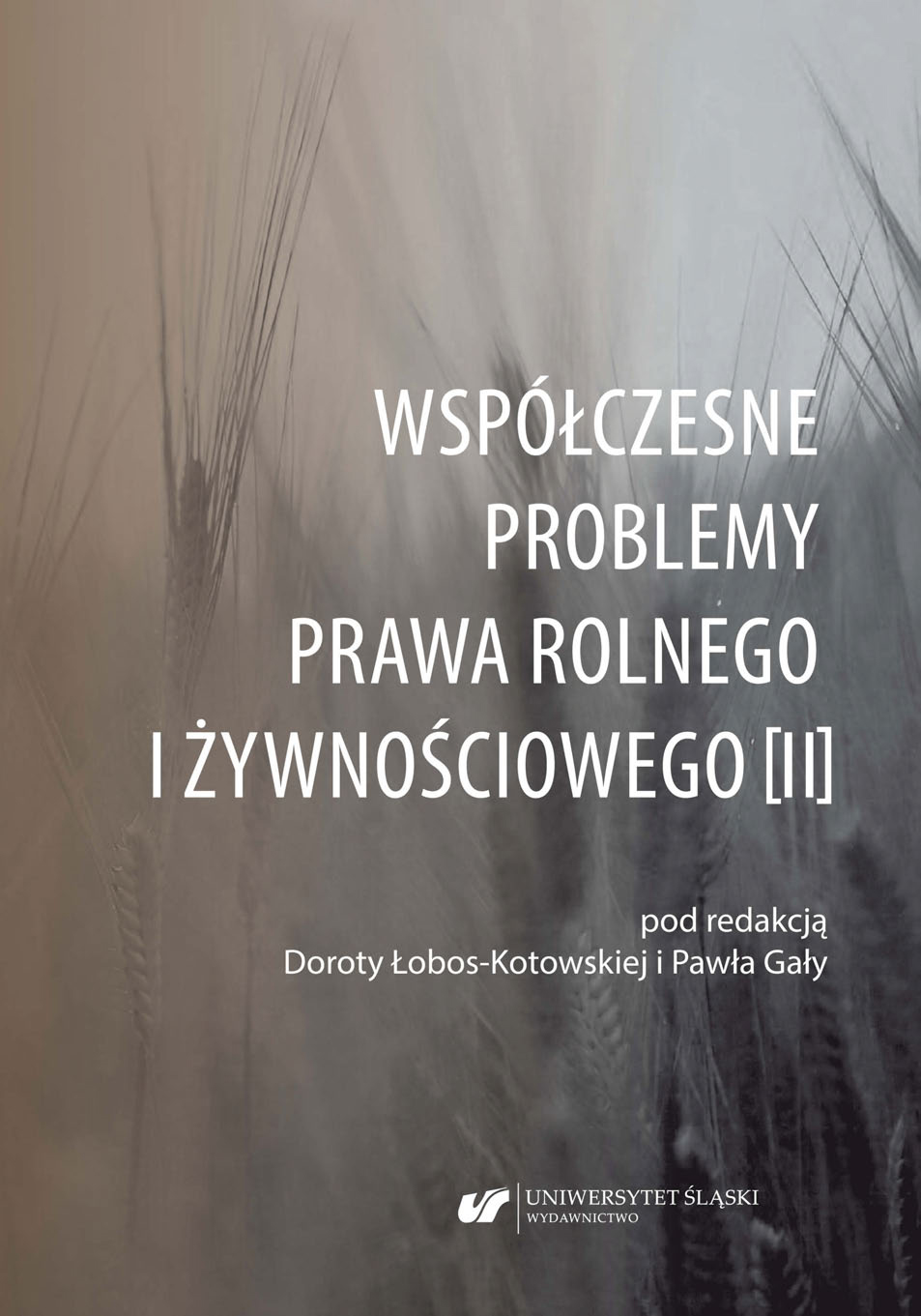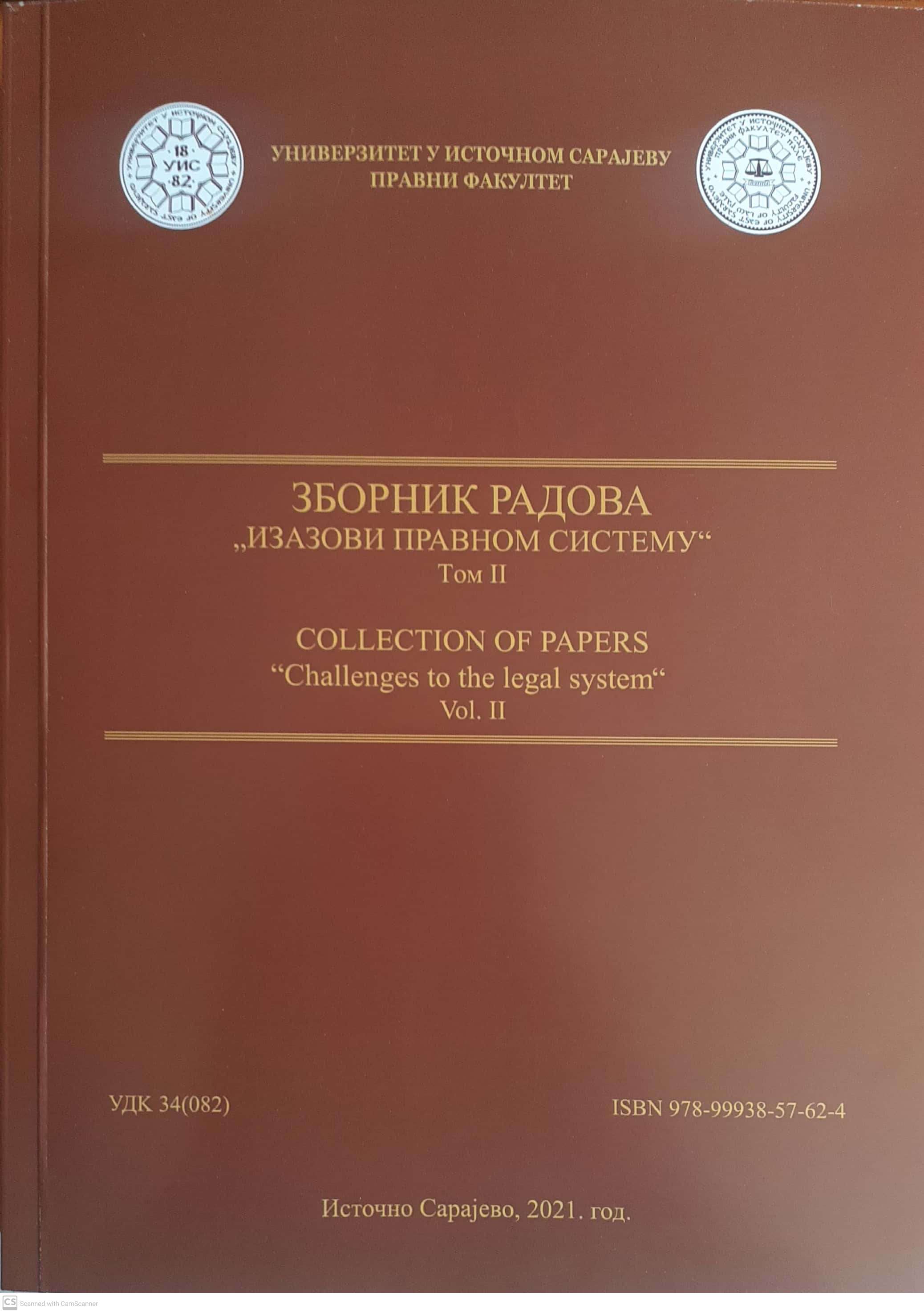Author(s): Nataša Stojanović / Language(s): Serbian
Publication Year: 0
The European Commission, being aware of climatic changes and biodiversity losses, caused primarily by human activities, presented both to the European and the world public the European Green Deal on 11 December 2019. The basic goal of this legal document is the transformation of the European Union into a fair and prosperous society with a modern, efficient and competitive economy, where greenhouse gas emission will not exist in 2050 and where economic growth is not conditioned by the use of resources. An integral part of the European Green Deal is the Farm to Fork strategy, for a just, healthy and ecologically acceptable food system, dated 20 May 2020,providing an entire set of measures and activities that the European Union Member States must undertake to reduce adverse influence of agricultural production, fishery and aquaculture on people’s health, environment and biodiversity. Additionally, the purpose of this Strategy is the transition to a sustainable food system that guarantees safety in food provision and access to healthy foodstuffs, simultaneously providing income sources to all the active participants in the food production/ supply chain. The author analyses solutions contained in the European Green Deal related to the creation of a sustainable, just and healthy food system in the Farm to Fork strategy,aiming to shed light to their positive and negative sides, and particularly to any effects they may have on people’s health, environment and biodiversity.For the purpose of this paper, the following methods are used: legal and dogmatic, normative and legal, and sociological methods. Irrespective of the fact that the Republic of Serbia is still not a full member of the European Union, the author advocates in her paper the implementation of solutions and ecological and legal mechanisms, standardized in the European Green Deal and in the Farm to Fork strategy in Serbian law, in order to facilitate the creation of a sustainable food system.
More...
